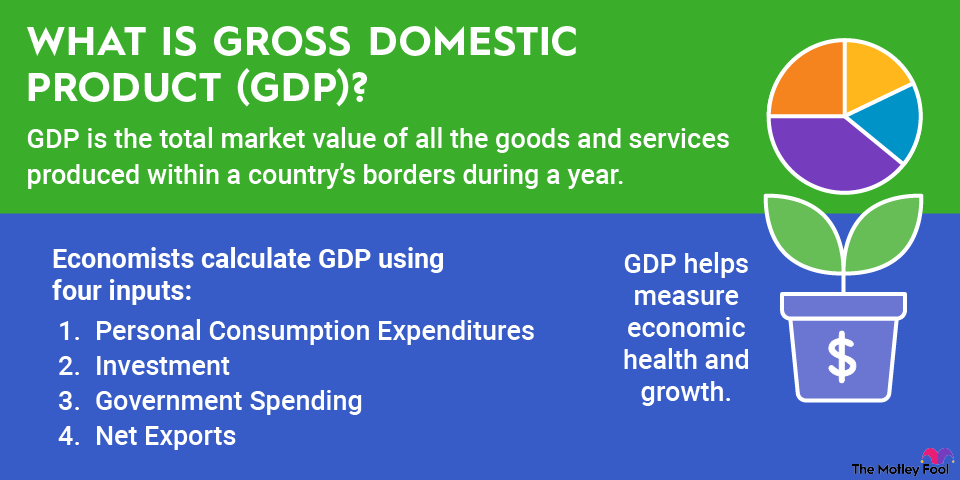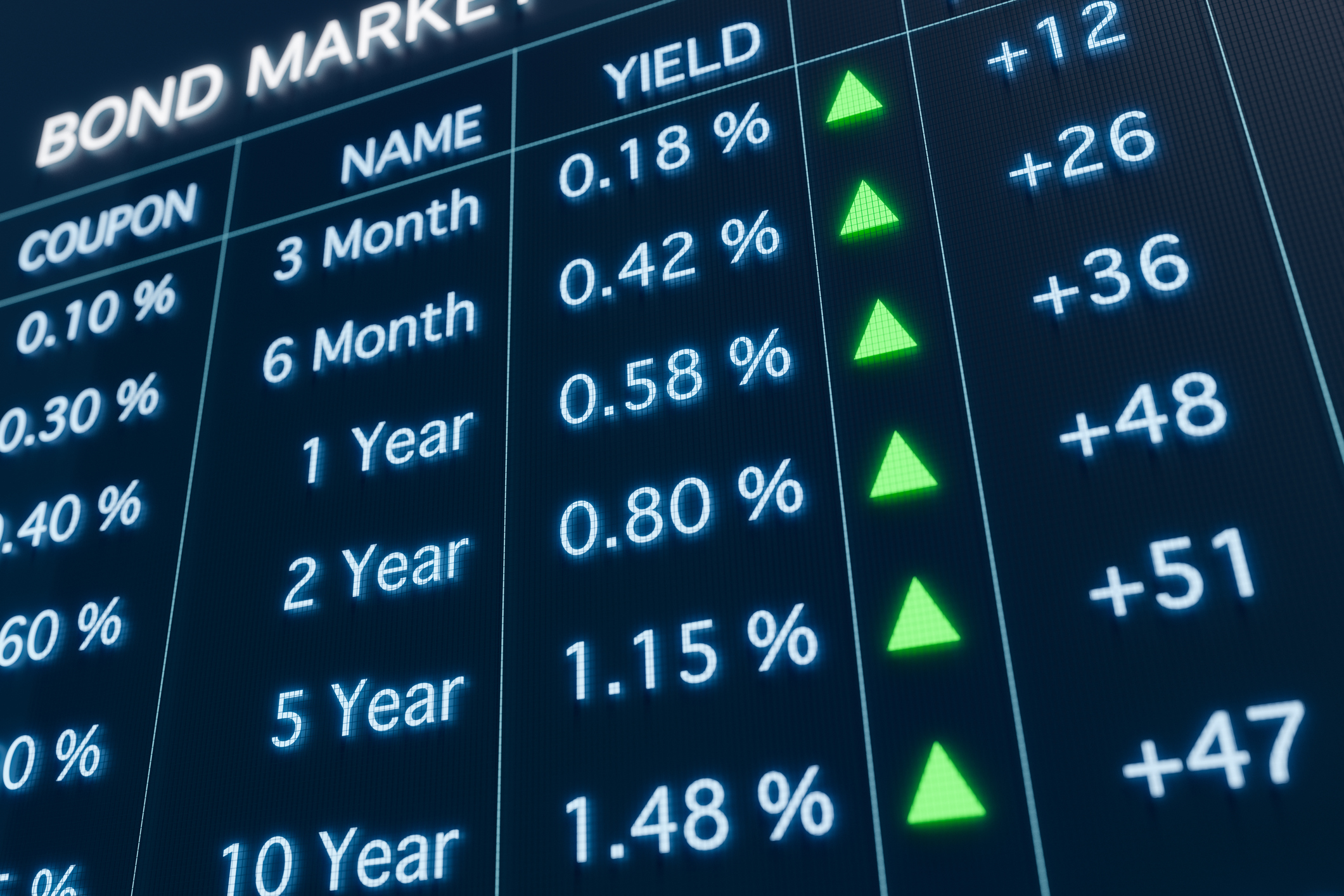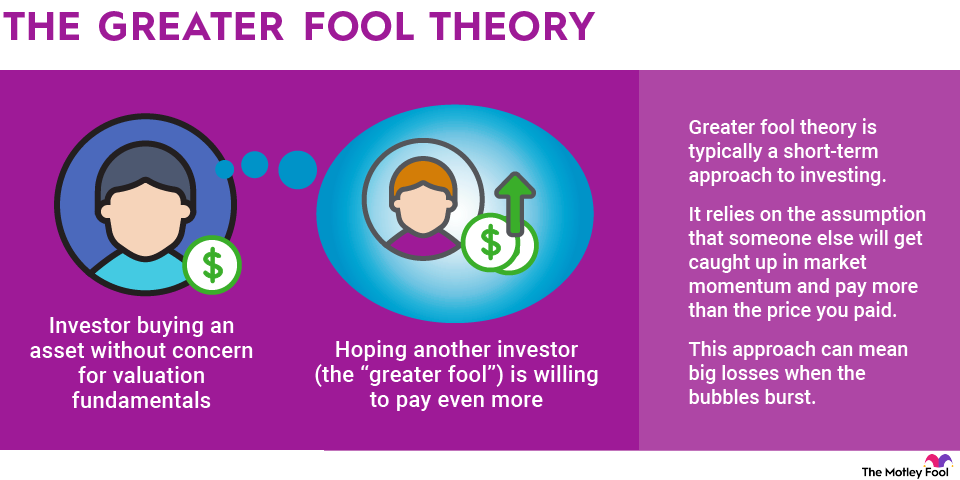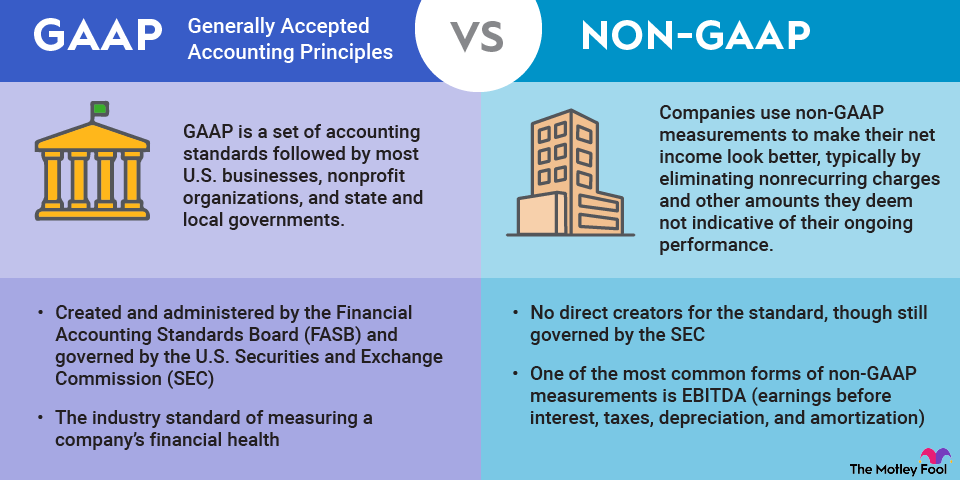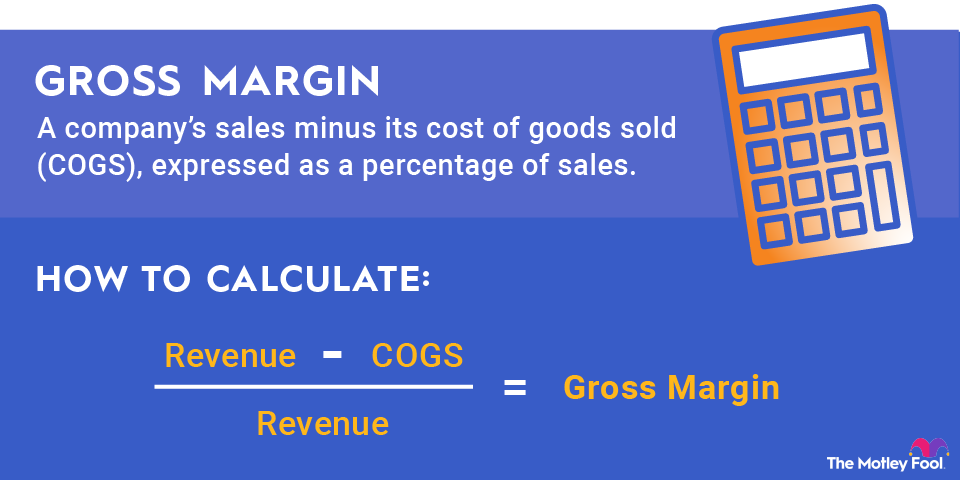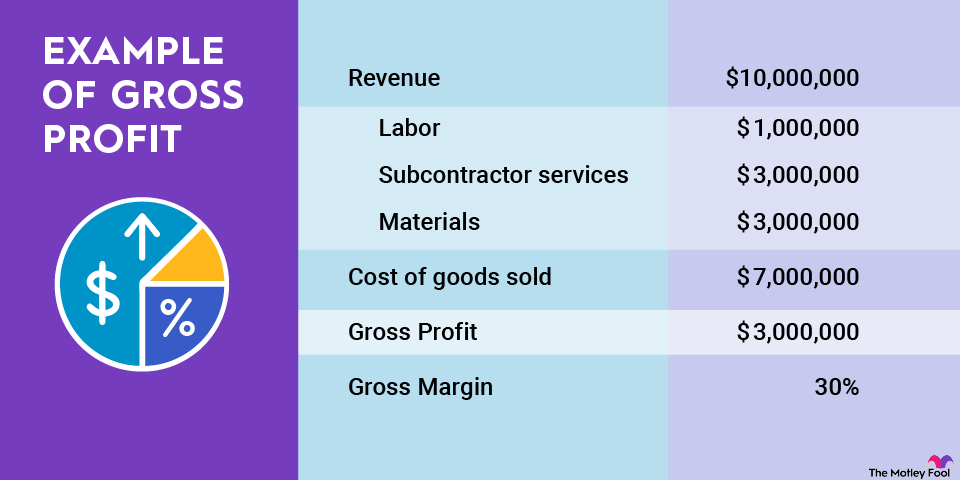Every generation has its notable quirks and consistencies that are important to understand when speaking about them in a broader sense. These are often traits that unite them as a generation. With Generation Z (also known as Gen Z) coming into its own, it’s important to understand who they are and what motivates them.

What is Gen Z?
Gen Z is the generation of people immediately following the millennials. They were born between 1996 and 2012, meaning that many are starting to come of age, and quite a few have already entered the workforce. They’ve got an interest in investing for their future, and many are already thinking about retirement.
Every generation has a defining event, and for Generation Z, this so far has been the COVID-19 pandemic. The older portion of this group was heavily affected by lockdowns and job losses in the early part of the pandemic; the younger portion of this group will be forever changed by the sudden closing of their schools and being thrust into virtual learning environments without warning.
What are the traits unifying Gen Z?
Generation Z is the most diverse generation yet born in America, according to Pew Research. Although just over half are white, the figure is down from the 61% of millennials when surveyed in 2003 and 70% of Gen X when surveyed in 1987. Gen Z is also made up of approximately 25% Hispanic, 14% Black, 6% Asian, and 5% people who identify otherwise. It’s a much more diverse group than we’ve ever seen.
You’d think that this would make it difficult to find unifying traits for this generation, but it’s not hard at all. They have a lot more in common than you might imagine. For example, a 2020 Pew Research Center study found they’re more interested in getting an education than their predecessors. They also aggressively support diversity in all its forms and embrace technology. That last one makes a lot of sense when you consider they are the first generation to have not really known a time before smartphones.
Demographics
Differences between Gen Z and millennials
It’s become a bit of a habit to refer to anyone under the age of 35 as a “millennial,” but the truth is that the oldest millennials are now in their 40s, many with children and mortgages, living a full-blown adult life. Even the youngest among them are mostly out of college and in the workforce. This enormous generation still casts a huge shadow, numbering more than 72 million, but Generation Z isn’t far behind them, totaling just under 70 million.
Millennials were handed a rough start to their financial lives, with many taking jobs they didn’t want so they could pay the bills and often postponing life events like getting married in the earlier part of their adulthood. Gen Z is walking into a tough real estate environment, but otherwise, the job market is fairly inviting, with many jobs that once required a college degree now more open to a variety of candidates due to a continued shortage of workers -- this will play well long term for Gen Z members who can get on career ladders now.
Related investing topics
How does Gen Z invest?
Generation Z is very different from older generations when it comes to investing. It may come as no surprise that they’re very interested in crypto assets, with our own research showing that in 2022, 60% of Gen Z held cryptocurrencies. This may be due to their youth and a higher tolerance for risk or may go back to their being a far more digitally native generation than ever before.
They also hold more traditional assets; for example, 60% own stocks, 30% have real estate holdings, and 28% have retirement accounts that include 401(k) or 403(b)s. Also not surprisingly, Gen Z is interested in growth stocks, with 59% owning these, as well as value stocks, with 57% owning value stocks. Dividend stocks are also popular among Gen Z, with 53% owning them. There’s likely a lot of overlap between these groups.
The most popular investment sectors for Generation Z are financial, energy, real estate, and emerging technology. They’re least interested in consumer discretionary, consumer staples, industrials, and communication stocks. These attitudes may change as this generation continues to mature.
